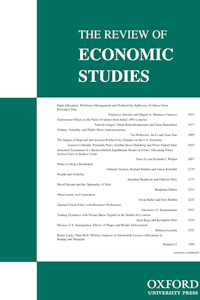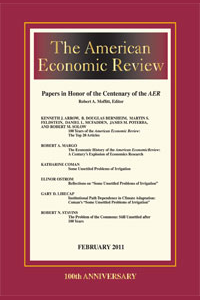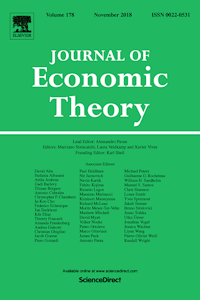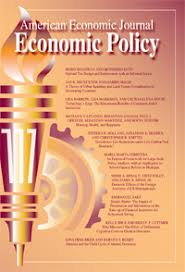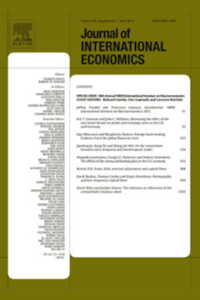
Beltran, Tapia, F.J.
Enclosing literacy? Common lands and human capital in Spain, 1860-1930
Journal of Institutional Economics
Vol. 9(4) pp. 491-515 (2013)
Abstract: The slow growth of the stock of human capital in Spain has been related to weak levels of economic development and a low commitment of Spanish institutions to primary education. This paper adds to these explanations by showing that common lands positively contributed to achieving significantly higher levels of both schooling expenditure and literacy rates. By supporting both municipal and households’ incomes, these collective resources sustained not only the local supply of education, but also the demand for it, although their influence decreased over time. Likewise, either low levels of economic development prevented human capital from growing endogenously or demand factors were not as important as previously argued. Lastly, even though the active intervention of the central government was crucial to promote education, its effort was not enough and human capital in Spain lagged behind other European countries in the early stages of economic development.
Author links: Francisco Beltran

